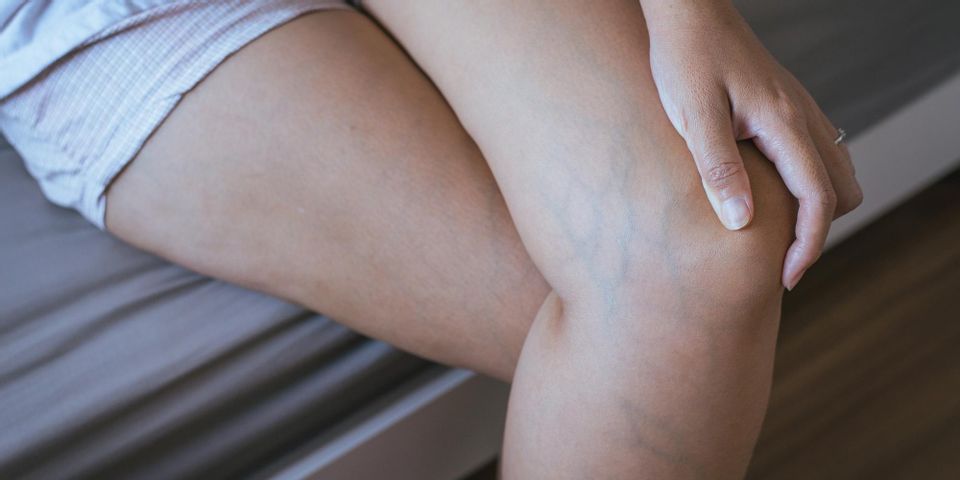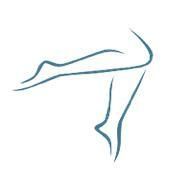3 Reasons Women Are More Likely to Develop Varicose Veins

Varicose veins develop when the veins become chronically dilated. Veins have valves that prevent blood from draining back downwards. In some people, however, these valves can stop working effectively, resulting in the characteristic bulging seen in varicose veins. Women, in particular, are four times more likely to develop the condition than men — find out why below.
3 Reasons Women Develop Varicose Veins More Than Men
1. Pregnancy
When a woman becomes pregnant, the amount of blood in her body increases. This occurs to provide the growing fetus with ample nutrients. Yet, it can also have body-wide effects for the mother-to-be. The increased volume of blood can cause veins in the legs to become enlarged. In some cases, the condition clears up after delivery, but subsequent pregnancies can cause the veins to become more enlarged.
2. Birth Control Pills
 The hormones in birth control pills can lead to varicose veins in several ways. First, the hormone estrogen can weaken vein valves and relax vein walls, leading to the buildup of blood within the veins. Additionally, birth control — whether it contains estrogen or not — can lead to fluid retention, which can put additional pressure on the blood vessels.
The hormones in birth control pills can lead to varicose veins in several ways. First, the hormone estrogen can weaken vein valves and relax vein walls, leading to the buildup of blood within the veins. Additionally, birth control — whether it contains estrogen or not — can lead to fluid retention, which can put additional pressure on the blood vessels.
3. Menopause
Just as hormonal changes can affect veins during pregnancy and while on birth control, they can also impact vein health during menopause. Nearly a third of menopausal women (31%) experience varicose veins, which is likely due to changes in estradiol levels experienced during this stage of life. For example, these hormonal changes can lead to fluid retention and bloating, which may put pressure on veins, leading to enlargement.
Varicose veins can sometimes be unsightly, but in some populations, they can also be dangerous. If you’re considering treatment for your veins, turn to Advanced Varicose Vein Treatment of Manhattan. Using cutting-edge diagnostic and care services, this facility provides quality treatment under the care of Dr. Ronald Lev, who has been certified by the American Board of Venous and Lymphatic Medicine. Find out more about their available treatment options online or call (212) 204-6501 to schedule a consultation.
About the Business
Have a question? Ask the experts!
Send your question

